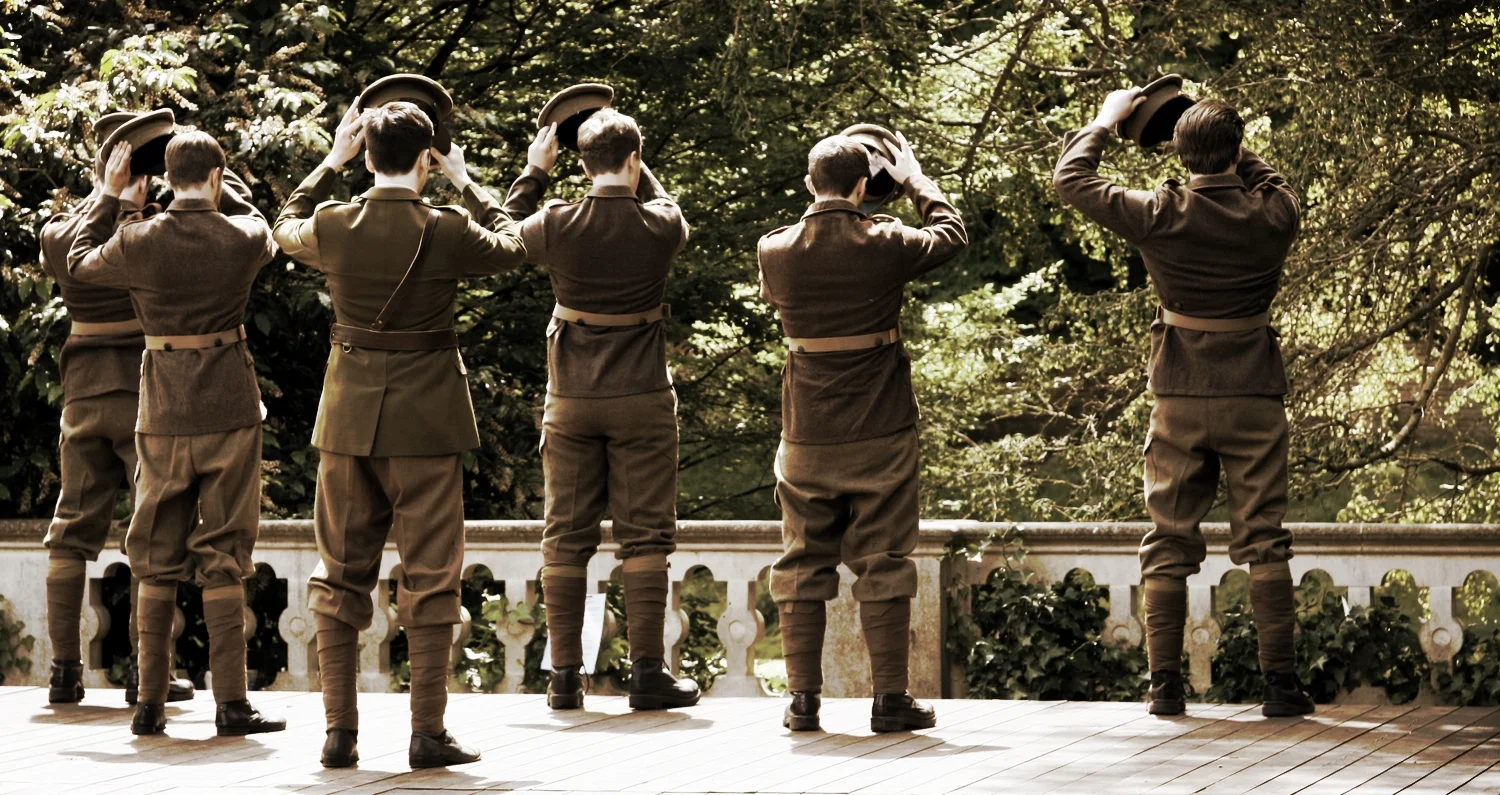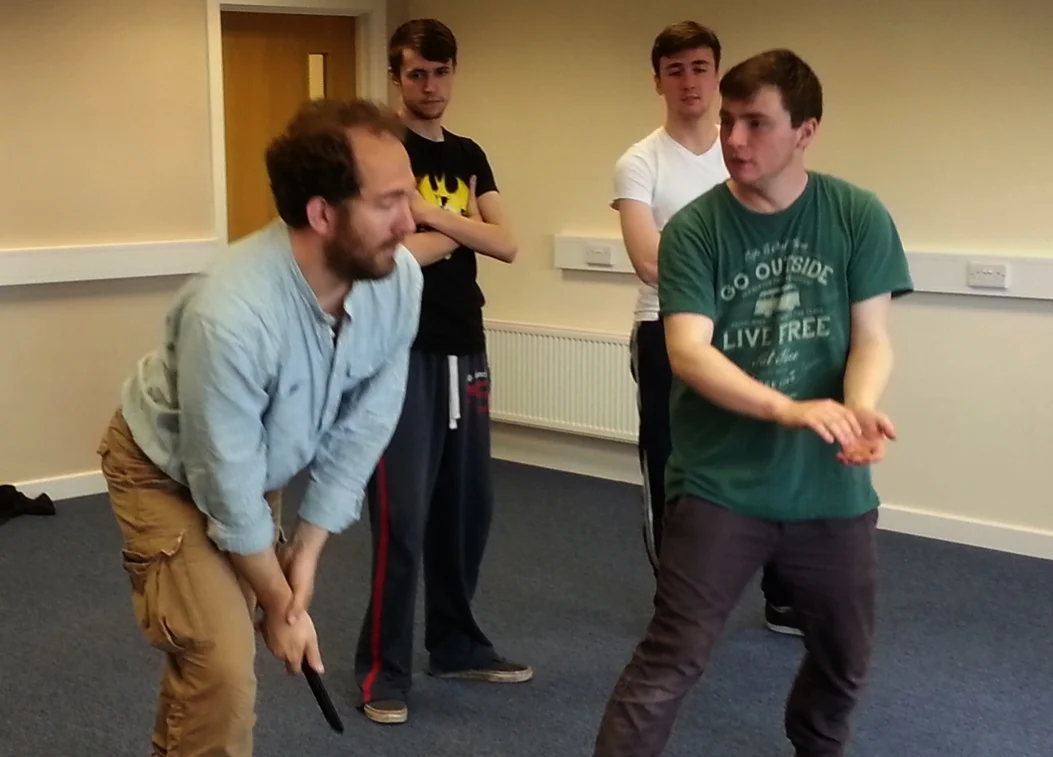We needed a piece to work on that would give the actors a chance to explore Shakespeare, to find themselves in his rich and complex language.But this had to be worked around a million other commitments.No time then to develop a complete play. No time to pull
apart a script, work on the language, the relationships, character and through-line when we only had such a short time to develop the piece. So the idea of the Sonnets was appealing.Very dense, beautiful, intricate language - distilled Shakespeare if you like - that came in bite size pieces that could be worked on individually or in pairs or smaller groups.
But what to do with them?Obviously, WW1 is around everywhere at the moment because of the Centenary. Several of the cast members traveled to
Belgium to visit the battlefields and cemeteries.It's an overwhelmingly emotional experience. The absolute horror of that event - the fear, the
loneliness, the desperation, and the unfathomable loss - provides the perfect backdrop for the Sonnets' intense language of love, passion, betrayal, and loss. Heightened circumstances, heightened emotions, heightened language.
There is also something about the British sense of reserve in that era; the strong sense of honour, of "stiff upper lip-ness," that suits the Sonnets.Or vice verse. Sonnets have to adhere to a strict structure:14 lines, iambic pentameter, quatrain, volta, couplet.All of that force of emotion, that richness of imagery, that breathtaking language - all distilled down into its essence and tied up with a button or a twist at the end.Very neat and tidy.Very disciplined and controlled.But not if you dig deeper.





